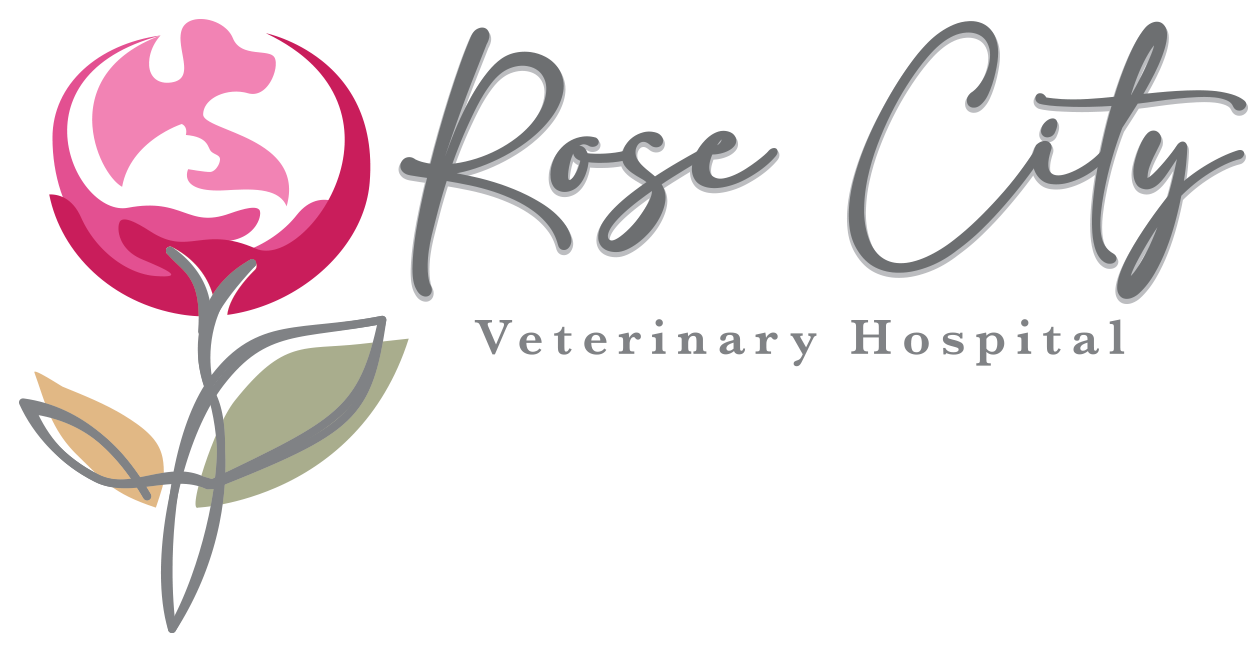Library
-
Nobody would call him "slender," but when he trots down the street with that funny rolling gait, his short legs and wide body doing their best to keep up the pace, he makes everybody smile. The stockiest spaniel, the Clumber is also the most easygoing - in fact, one of the most low-keyed of all sporting dogs.
-
Coagulation is the series of events that result in the formation of a clot. In the body, coagulation occurs after any injury to a blood vessel or tissue, in order to stop the bleeding. Certain diseases such as liver disease and rodenticide toxicity can affect the production of clotting factors.
-
The general condition of your dog's skin and coat are good indicators of his health. A healthy coat should be shiny and smooth, not brittle or coarse, and healthy skin should be supple and clear, not greasy, flaky, or bumpy. Selective breeding has led to the development of dogs with various coat characteristics requiring varying grooming needs. Nutrition also plays an important role in skin and coat maintenance.
-
Coccidioidomycosis is a fungal disease caused by the soil fungus Coccidioides immitis or Coccidioides posadii. The early signs of coccidioidomycosis include fever, lethargy, lack of appetite, coughing, and joint pain. Diagnosis is by biopsy of lesions or blood testing for antibodies to the Coccidioides organism. The prognosis for recovery is dependent of the extent of lesions in the dog’s body.
-
Coccidiosis is an intestinal tract infection caused by a single-celled organism (protozoa) called coccidia. Coccidia are microscopic parasites that live within the cells that line the intestine. The most common clinical sign of coccidiosis is diarrhea, but most dogs have no clinical signs.
-
Cocker Spaniels, as one of the most popular breeds, suffered a bad reputation for a few years because of poor breeding practices by some eager for a dollar, but these dogs are now safely secure as a treasured family pet once again. Their cheerful "ready-to-go-when-you-are" demeanor makes them great companions.
-
Codeine is given by mouth or injection and is used off label in cats and dogs to treat mild to moderate pain, cough, and occasionally diarrhea. Give as directed by your veterinarian. Common side effects include sleepiness and constipation.
-
Coenzyme Q-10 is an over the counter supplement given by mouth and is used off label to treat heart, nerve, or inflammatory conditions in dogs and cats. Give as directed by your veterinarian. Side effects are uncommon and have not been documented. Use cautiously in pregnant or nursing pets. If a negative reaction occurs, please call your veterinary office.
-
Lameness in Dogs
Si un perro no puede moverse de forma normal se dice que está cojo. Las causas de cojera más habituales son el dolor en una articulación o en sus estructuras de soporte o bien la inestabilidad de una articulación.
-
Colchicine is given by mouth and is used off label in dogs and birds, primarily to treat amyloidosis and Shar-Pei fever. Its use in veterinary medicine is largely experimental and its effectiveness has not been well documented. Give as directed by your veterinarian.



